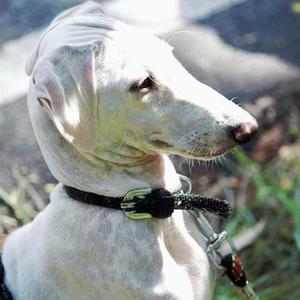Mudhol Hound vs. Samoyed: Breed Differences and Similarities
Hypoallergenic
Are Mudhol Hounds or Samoyeds hypoallergenic, or neither?
Unfortunately, the Mudhol Hound is not hypoallergenic, making it not a good choice for a dog lover who suffers from pet allergies.
While no dogs are truly 100% hypoallergenic, Samoyeds are about as close as it gets, making them an ideal pet if you are an allergy sufferer.
Watchdog Ability
Which dog breed makes a better watchdog, the Mudhol Hound or Samoyed?
Mudhol Hounds are decent watchdogs - they'll alert their owner if something seems amiss.
Samoyeds make excellent watchdogs - they're vocal and protective of their territory.
Origin
What is the origin of Mudhol Hound and Samoyed dog breeds?
India
Russia
Ancestry
What are the origins of Mudhol Hound and Samoyed breeds?
Unknown
spitz
Date of Birth
When were Mudhol Hound and Samoyed breeds first developed?
Ancient
ancient times
Eye Color Possibilites
What are the eye colors of Mudhol Hound and Samoyed dogs?
Hazel
Brown
Amber
Brown
Nose Color Possibilites
What are the natural nose colors of Mudhol Hound and Samoyed?
Black
Brown
Black
Coat Color Possibilites
What are the natural colors of the coat for Mudhol Hound and Samoyed breeds?
Black
Gray
Fawn
Red
Cream
Sable
White
Cream
Coat Length
What is the typical coat length for Mudhol Hound and Samoyed breeds?
Mudhol Hounds have short coats.
Samoyeds have longer coats compared to most dogs.
Coat Density
What is the density of the coat of Mudhol Hound and Samoyed?
Coat Texture
What is the hair texture of Mudhol Hound and Samoyed?
Straight
Litter Size
What is the usual litter size for Mudhol Hound and Samoyed?
A Mudhol Hound can have a litter of 13-14 puppies on average. However, it's worth noting that the size of the litters can vary greatly. Factors that can influence litter size include the health of the mother, breeding history, and genetics.
A Samoyed can have a litter of 12-14 puppies on average. However, it's worth noting that the size of the litters can vary greatly. Factors that can influence litter size include the health of the mother, breeding history, and genetics.
Major Concerns
What are the major health concerns for Mudhol Hound and Samoyed breeds?
Gastric Dilation Volvulus (GDV) or Bloat
Hip Dysplasia
Minor Concerns
What minor health issues should be kept in mind when owning Mudhol Hound and Samoyed?
Hip And Elbow Dysplasia
Eye Conditions (Cataracts, Lens Luxation)
Progressive Retinal Atrophy
Allergies
Occasional Tests
What occasional tests are recommended for Mudhol Hound and Samoyed breeds?
X-rays or other radiographic imaging
Eye and Ear Examination
Eye
Hip
X-Rays
Eye Examination
Physical Examination
Allergy Tests
Energy
How do the energy levels of Mudhol Hounds and Samoyeds compare?
Mudhol Hounds' high energy levels make them unsuitable for a low-key dog, choose accordingly.
Samoyeds thrive on an active lifestyle due to their high-energy nature.
Exercise Needed
Mudhol Hound vs Samoyed exercise need comparison.
Mudhol Hounds need high physical activity and are ideal for active individuals, but not suitable for sedentary lifestyles or small apartments.
Samoyeds require significant physical activity and suit those with an active lifestyle.
Tendency to Bark
Do Mudhol Hounds or Samoyeds bark more/less frequently?
Mudhol Hound dogs are generally less vocal than other breeds and only bark when necessary, such as to alert their owner or communicate.
Samoyeds bark moderately when necessary and may also bark due to certain triggers like fear, alarm, boredom, greeting, separation anxiety and compulsive barking.
Past times
What are some enjoyable activities and ways to keep Mudhol Hound and Samoyed entertained?
Bath time, Brushing, Catch, Tracking, Tug-of-war, Run, Gem, Swim
Talking, Barking, Ear rubs, Butt scratches, Sniffing, Eating, Being talked to, Walk, Run, Play, Petting, Go on Vacation, Catch treats, Shake, Heel, Walking, Playing catch, Smiling, Chasing, Running, Eating Snacks, Hiking, Tug, Swimming, Fetch, Snuggles, Go to Beach, Go to Park, Groom, Play fetch
Activity Level
Which breed has higher energy, Mudhol Hounds or Samoyeds?
Mudhol Hounds are high-energy dogs. They need mental as well as physical exercise. These dogs require a lot of your involvement and without it they can, and will, become problematic dogs.
Samoyeds are medium-energy dogs and typically enjoy socializing and playing casual or even sustained games of chase with other dogs. They may also have occasional periods of barking or racing around the house.
Walks per Week
How many miles should Mudhol Hound or Samoyed walk each week?
There's really no limit to how far you walk your dog as long as they're comfortable. For Mudhol Hound, it's at least 18 miles / week. Just remember to build distance and stamina gradually over time.
There's really no limit to how far you walk your dog as long as they're comfortable. For Samoyed, it's at least 8 miles / week. Just remember to build distance and stamina gradually over time.
Activity per Day
Do Mudhol Hounds or Samoyeds require more exercise?
Both Mudhol Hound and Samoyed typically require a minimum of 60 minutes of exercise each day. The exercise can be spread throughout the day and may involve high-energy activities like walking, running, and playing.
Grooming
Which breed is easier to maintain in terms of grooming, Mudhol Hounds or Samoyeds?
The Mudhol Hound has low grooming needs and is easy to maintain.
Samoyeds require significant grooming, including regular trims and professional grooming assistance to maintain their coat. They may also require frequent bathing to keep their coat and skin healthy.
Brushing Frequency
What is the recommended brushing frequency for Mudhol Hound and Samoyed dogs?
Mudhol Hound and Samoyed should be brushed at least once a week. Of course, you can give them more frequent brushes if you find that they are still shedding a lot.
Brushing Tools
What brushing tools are used for Mudhol Hounds and Samoyeds?
Slicker Brush
Nail Clipper
Pin Brush
Comb
Nail Clipper
Cups
How much food should be given to Mudhol Hound or Samoyed in cups?
For an average 48-90 pound (22 - 41 kg) Mudhol Hound feed 2.5 cups daily. But, keep in mind, the amount you feed is going to be dependent on the quality of the food you are feeding.
For an average 45-65 pound (20 - 29 kg) Samoyed feed 2.8 cups daily. But, keep in mind, the amount you feed is going to be dependent on the quality of the food you are feeding.
Daily Cost
Which breed has a higher daily cost, Mudhol Hound or Samoyed?
The average cost of a Mudhol Hound is somewhere $2.10 - $2.70 per day.
The average cost of a Samoyed is somewhere $1.70 - $2.00 per day.
Monthly Cost
Which breed has a higher monthly cost, Mudhol Hound or Samoyed?
When it comes to monthly expenses, both Mudhol Hound and Samoyed have a similar average cost, ranging from $48 - $63. This results in an average yearly cost of around $576 - $756.
Intelligence
Comparing Intelligence: Mudhol Hounds vs Samoyeds
The Mudhol Hound and Samoyed breeds are considered very intelligent and easy to train.
Affection Dependance
Which is the more affectionate dog breed: Mudhol Hound vs Samoyed?
Dog Friendly
Which breed is more sociable with other dogs: Mudhol Hound or Samoyed?
Mudhol Hounds are average in their friendliness towards other dogs, and socialization can help.
Samoyeds are friendly and active companions, and can be good family pets, though their friendliness towards other dogs may vary.
Playfulness
Which breed is more playful between Mudhol Hound and Samoyed?
Mudhol Hounds are not known for being a highly playful breed.
Samoyeds have an average level of playfulness, enjoying playtime like most dogs but not excessively so.
Trainability
How do the trainability levels of Mudhol Hounds and Samoyeds compare?
Mudhol Hounds are usually easy to train but require consistency to fully obey commands.
Samoyeds are popular for their ease of training and quick learning ability.
Compare Mudhol Hound with other breeds
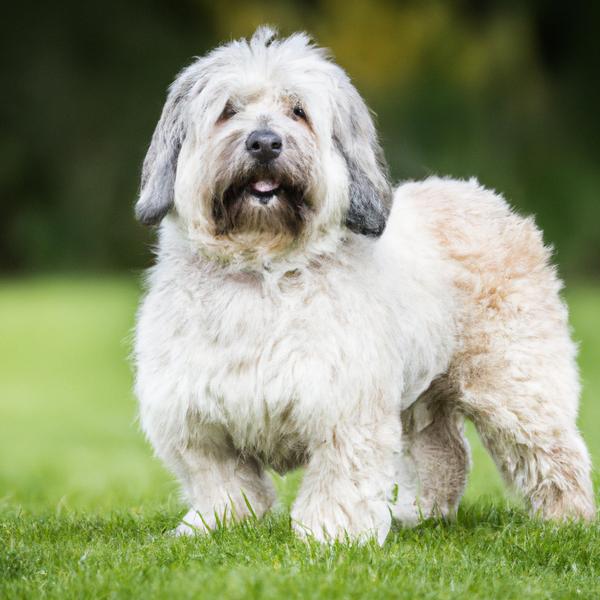
Wel-Chon
Mudhol Hound vs Wel-Chon
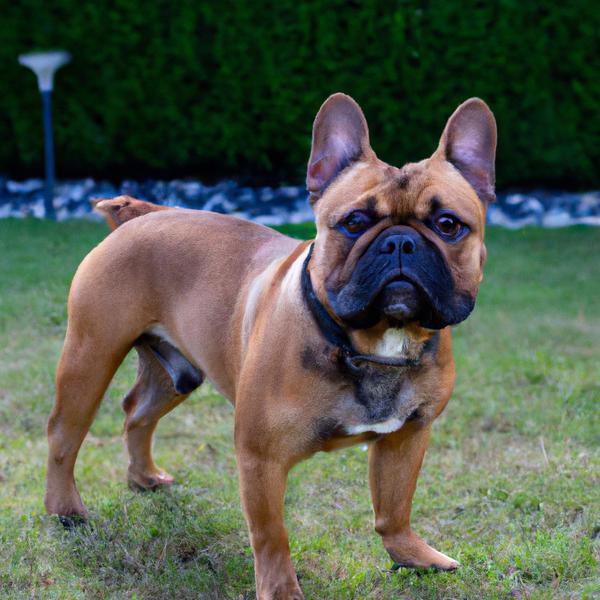
French Masti-Bull
Mudhol Hound vs French Masti-Bull
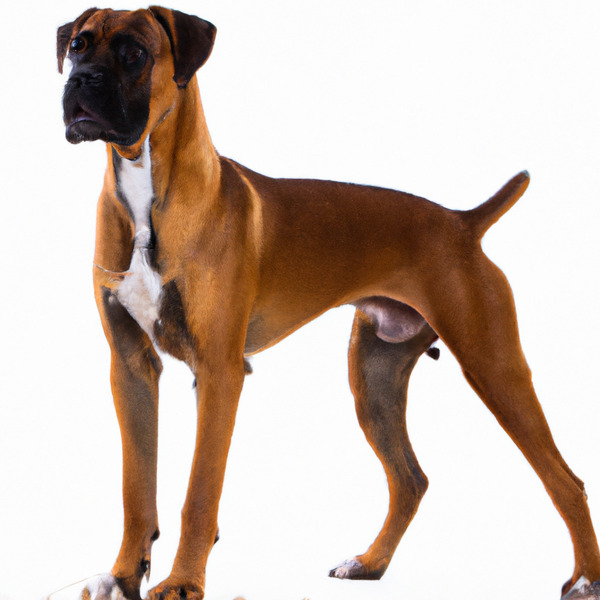
Boxmatian
Mudhol Hound vs Boxmatian
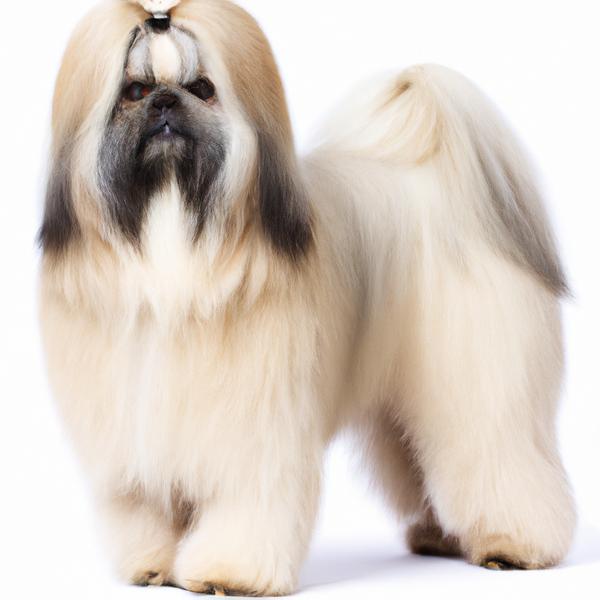
Silkchon
Mudhol Hound vs Silkchon
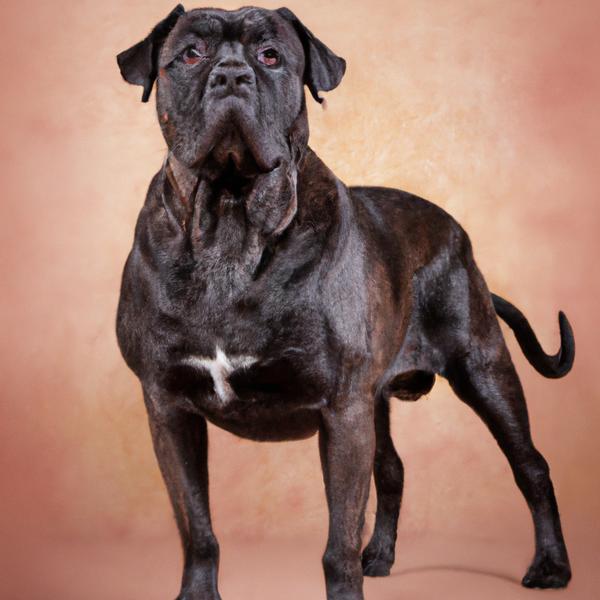
Cane Corso
Mudhol Hound vs Cane Corso
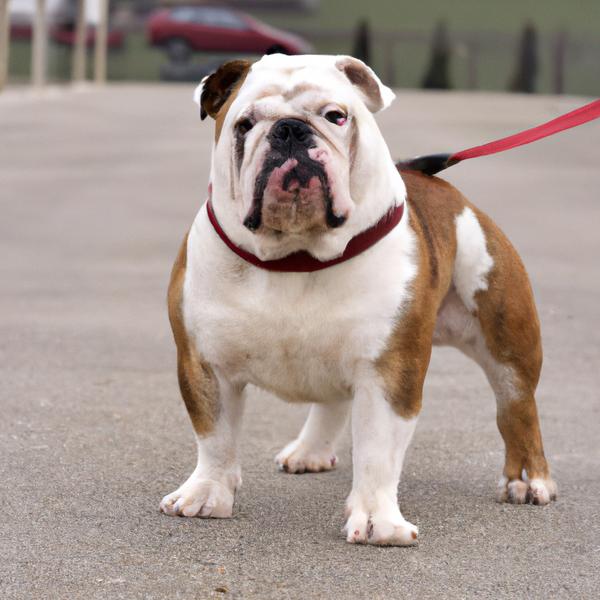
Free-Lance Bulldog
Mudhol Hound vs Free-Lance Bulldog
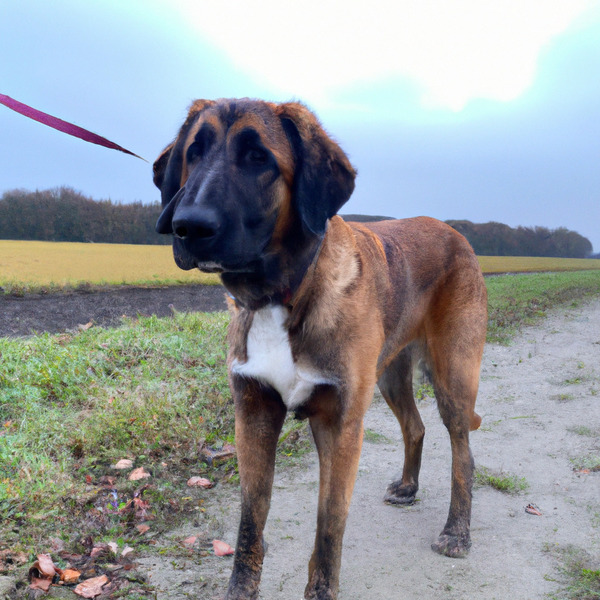
Dutch Smoushond
Mudhol Hound vs Dutch Smoushond
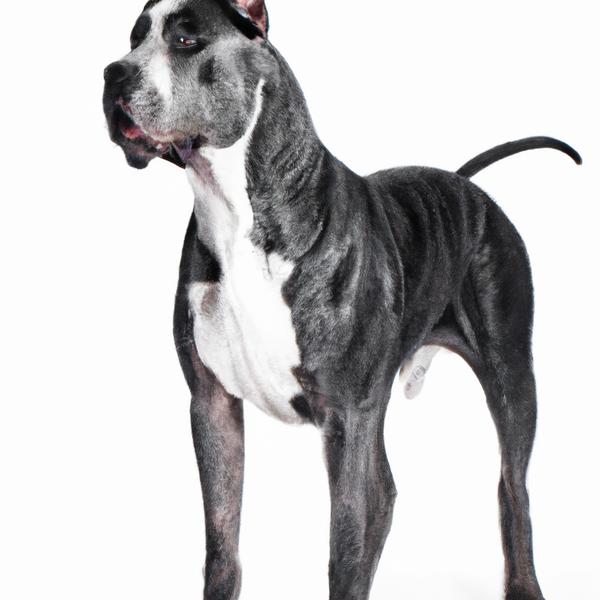
American Bull Dane
Mudhol Hound vs American Bull Dane
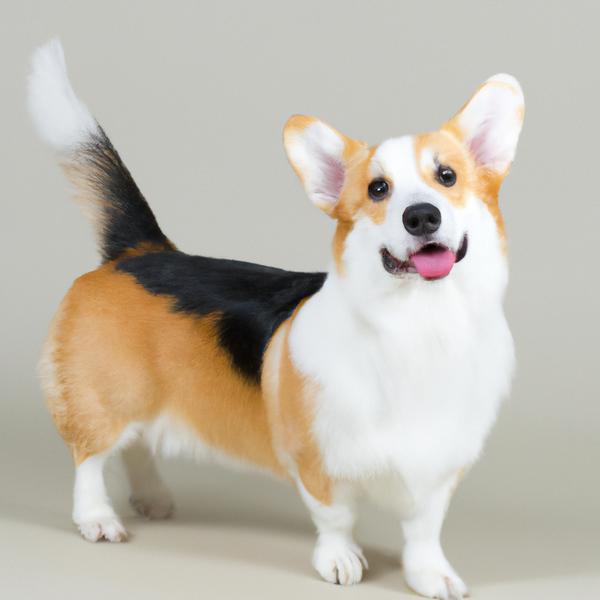
Pembroke Corswiss
Mudhol Hound vs Pembroke Corswiss
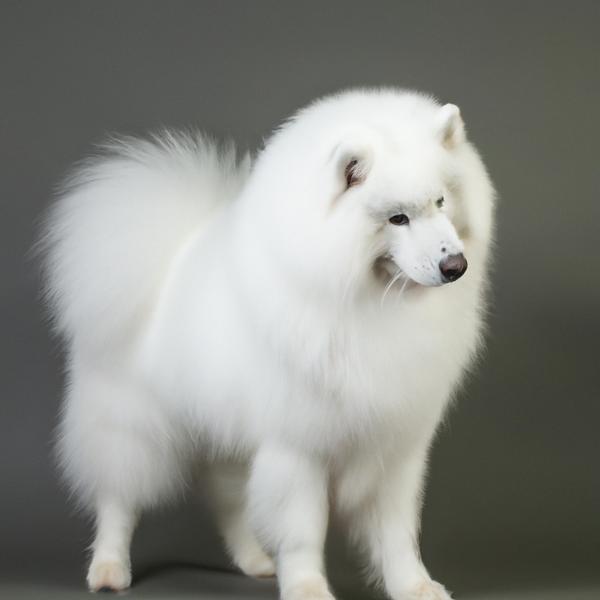
Samoyed
Mudhol Hound vs Samoyed
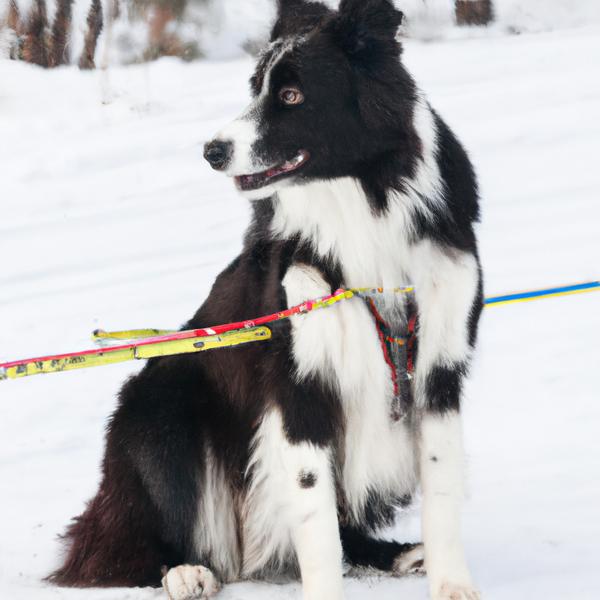
Ski-Border
Mudhol Hound vs Ski-Border
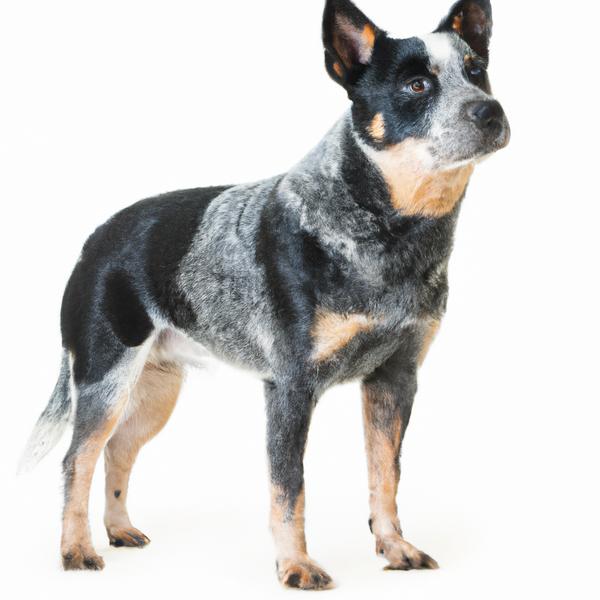
Blue-Tzu Heeler
Mudhol Hound vs Blue-Tzu Heeler
